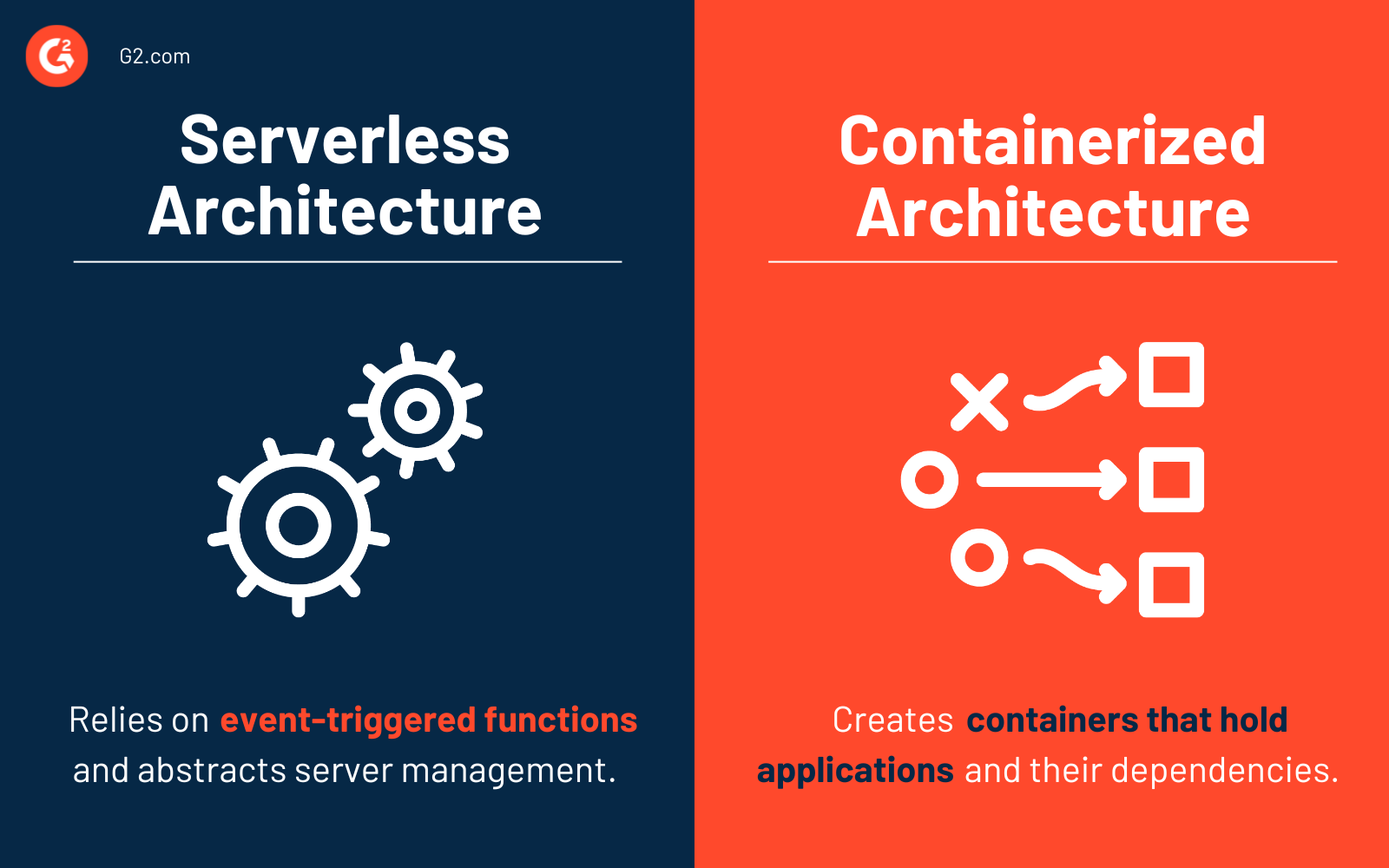GeeksforGeeks (GFG), a go-to platform for coding tutorials and tech resources, has faced a dramatic setback in April 2025, with its content nearly disappearing from Google Search results. This sudden loss of visibility has sparked widespread discussion among developers, SEO experts, and learners who rely on GFG’s vast library. Here’s a deep dive into why GFG experienced this unprecedented decline and what it means for the platform and its users.
The Trigger : Google’s March 2025 Core Update
The root of GFG’s troubles appears to lie in Google’s March 2025 core update, rolled out between March 13 and March 27. This update, designed to prioritize high-quality, relevant content, caused significant ranking volatility across various websites. SEO analysts report that GFG’s visibility plummeted shortly after, with some estimating a 44% drop in organic traffic and the deindexing of over 36,000 pages.
Google’s updates increasingly emphasize E-E-A-T (Experience, Expertise, Authoritativeness, Trustworthiness), rewarding sites that deliver original, user-focused content. GFG, despite its reputation, may have fallen short of these standards due to its content practices, which we’ll explore below.
Site Reputation Abuse: A Fatal Misstep?
One of the leading theories for GFG’s decline is a violation of Google’s site reputation abuse policy. This policy targets low-quality, spammy, or manipulative content, particularly from sites hosting third-party or user-generated material. GFG’s open contribution model, which allows users to submit articles alongside curated tutorials, has been both a strength and a vulnerability.
While this model fueled GFG’s growth, it also led to a flood of thin, repetitive, or overly SEO-optimized content. Articles chasing long-tail keywords (e.g., “how to implement a queue in Python”) sometimes prioritized search rankings over depth or originality. Social media posts on X, including from users like @starbot_ever, claim GFG was manually deindexed for publishing off-topic or irrelevant content to “chase traffic.” This suggests Google may have penalized GFG for diluting its core focus with low-value material.
Content Quality and SEO Overreach
GFG’s SEO strategy has long been a masterclass in targeting niche queries, making it a top result for countless coding-related searches. However, this strength may have become a liability. Google’s March 2025 update aimed to reduce low-quality or AI-generated content by 45%, and GFG’s user-submitted articles may have included such material. If these articles lacked originality or failed to provide unique value, they could have triggered Google’s algorithms.
Moreover, GFG’s reliance on keyword-driven content may have led to over-optimization, where articles were crafted more for search engines than for learners. As Google’s algorithms prioritize user engagement metrics like time on site and bounce rates, any decline in these signals could have compounded GFG’s penalty.
Was It a Manual Penalty?
Speculation on platforms like X, including posts from @ravisoni6262, points to a manual deindexing by Google—a severe action reserved for significant policy violations. GFG’s own statements on X on March 31 and April 3, 2025, acknowledged their content was missing from Google Search and encouraged users to access their site via Bing or directly. Their plea for community support to engage Google suggests they were either unaware of the exact violation or contesting the penalty.
While some initially speculated about technical issues, such as sitemap errors in Google Search Console, the scale of GFG’s visibility loss points to an algorithmic or manual action rather than a site-side glitch.
The Bigger Picture: Google’s Evolving Standards
Google’s 2025 updates reflect a broader shift toward user-centric search, where engagement, trustworthiness, and niche expertise outweigh sheer content volume. GFG’s sprawling library, while valuable, may have struggled to meet these criteria if user signals indicated lower satisfaction. For example, repetitive articles or outdated tutorials could have increased bounce rates, signaling to Google that the content was less helpful.
This case also highlights the risks of depending on Google, which commands over 80% of the global search market. For GFG, losing visibility is akin to a digital blackout, disrupting access to resources used by millions of developers worldwide.
GFG’s Response and Next Steps
GFG has urged its community to use alternative search engines or visit their site directly, but this is a stopgap at best. Recovering from a Google penalty requires addressing the root causes—likely a combination of improving content quality, tightening editorial standards, and aligning with Google’s policies. This could mean:
- Culling Low-Quality Content: Removing or revising thin, repetitive, or AI-generated articles.
- Strengthening Editorial Oversight: Implementing stricter guidelines for user submissions.
- Enhancing User Experience: Updating outdated tutorials and improving site navigation to boost engagement.
However, recovery is neither quick nor guaranteed. Google’s manual penalties often require a reconsideration request, and algorithmic recoveries depend on future updates.
A Double-Edged Sword
GFG’s open contribution model democratized content creation, enabling countless learners to share knowledge. Yet, without rigorous quality control, it invited scrutiny from Google’s increasingly sophisticated algorithms. While Google’s push for quality benefits users, the lack of transparency about specific violations raises concerns. A blanket penalty risks burying valuable resources alongside low-quality content, leaving learners in the lurch.
What’s Next for GFG and the Tech Community?
GFG’s plight underscores the fragile balance between scale and quality in digital publishing. For now, users can access GFG’s content via alternative channels, but the platform’s long-term future hinges on its ability to adapt to Google’s evolving standards. For the tech community, this serves as a reminder to diversify learning resources and advocate for fair, transparent search practices.
As the dust settles, one thing is clear: in the battle for search visibility, even giants like GeeksforGeeks are not immune to Google’s wrath.
Have thoughts on GFG’s disappearance from Google? Share them below









